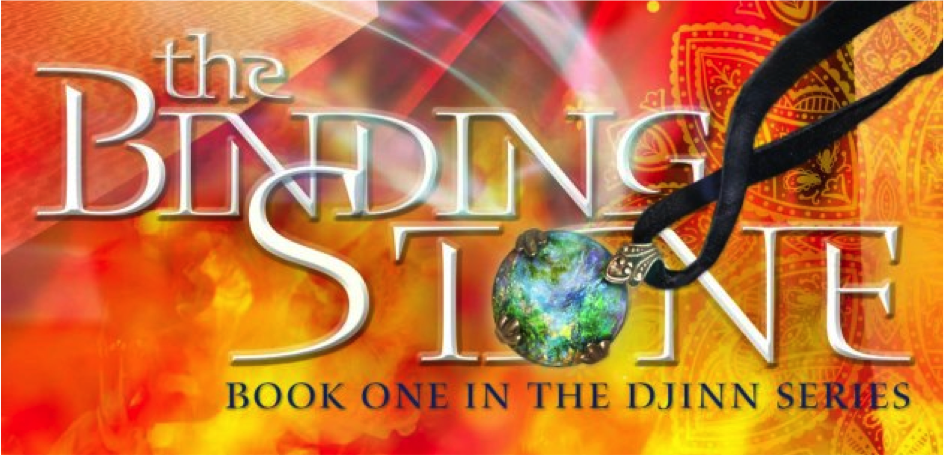 |
| photo credit |
- Literally. We can clean our space. Do you have a certain place you like to write? If you're anything like me you collect papers and all sorts of things that clutter your desk. Go through it all and organize! There's nothing like a clean workspace to make you feel comfortable.
- Clean our desktop. I have about a million files on my computer that have to do with writing. I have two million versions of every manuscript not to mention power points and notes and random things... I regularly try to go through and make sure things are in the right folder. AND very importantly that I have the latest versions of everything backed up.
- Finally we have to clean up our manuscripts! Whatever you're working on it's important to go through and do a pass for spelling and grammar. Make sure your formatting is correct and up to date. Be sure to eliminate extraneous words like adverbs and extra adjectives that aren't needed. That same refreshing feeling of clean will help your manuscript as well. No matter how many times you've been through this, it's still an important step!
Anything else we can clean out having to do with writing?







